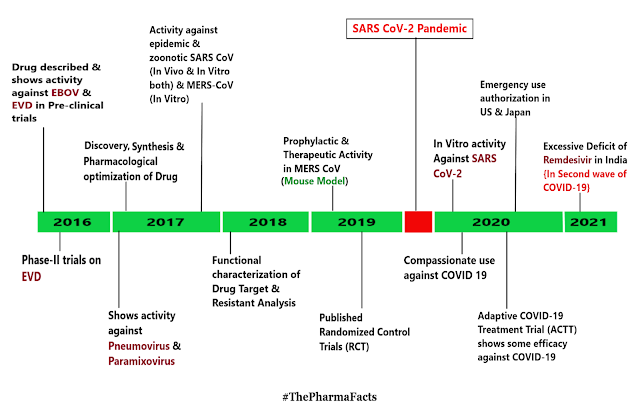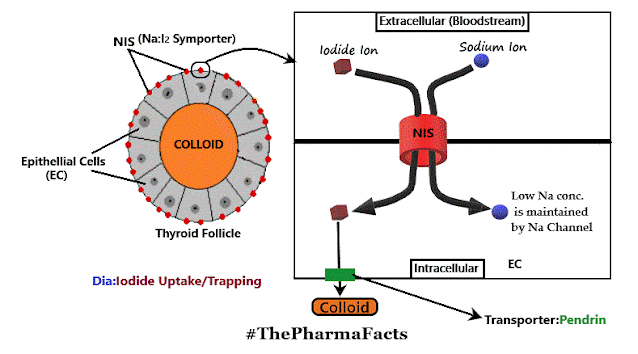Adequate levels of vitamin D reduce complications, death among COVID-19 patients.
In December 2019, an epidemic of pneumonia caused by a novel virus later identified as severe acute respiratory syndrome coronavirus 2 (SARS–CoV-2) started in the city of Wuhan, Hubei province, China. Recently, the World Health Organization (WHO) has declared coronavirus disease 2019 (Covid-19), a pandemic of global health concern.
The researchers have been focused on the prevention and treatment of this disease. Nonetheless, while the development of new drugs or vaccines would take a long time before human testing and commercialization, clinical trials on available pharmaceuticals with a potential effect against Covid-19 could more easily yield useful results and, as a matter of fact, are already being performed.
Vitamin D is usually known for its role in the maintenance of bone health and calcium-phosphorus metabolism, yet many other roles of this hormone have been recently discovered, such as modulation of the immune response in both infectious and autoimmune diseases. Just recently, it is being hypothesized that vitamin D supplementation could be used as a preventive or event therapeutic option in Covid-19, but more studies are needed to validate this association.
COVID-19 tested positive patients, who were had an adequate amount of vitamin D in the blood, i.e at least present 30ng/mL of 25-HydroxyVitamin D, then they showed significantly less risk of unconsciousness, hypoxia(body starved for oxygen), and Death. apart from that they also showed a Lower Blood level of an inflammatory marker(C-reactive protein) and higher blood level of immune cells(Lymphocytes/Fighting cells).
This research gives a rough idea about the Role of VitaminD to reduce Complications, including the cytokinin storm(release of too many proteins in very short duration) and ultimately death from COVID-19. Explained by Michael F. Holick, Ph.D., MD, Professor of medicine, physiology, and Biophysics professor of medicine at Boston University School of Medicine.
Blood samples are collected from 235 COVID-19 tested positive patients, to measure vitamin D (serum level of 25-hydroxyVitamin D), The clinical trial follows up taken up by researchers, including the severity of infection, breathing difficulties, unconsciousness, resulting hypoxia, and death. Researchers also analyzed the blood samples to check and ensure the level of inflammatory marker(C-reactive proteins) and the number of lymphocytes. Then all this data was taken from vitamin D deficient COVID-19 patients compared to Vitamin D sufficient COVID-19 patients.
40 years older COVID-19 patients who had a sufficient amount of vitamin D were 51.5% less likely to die from the infection compared to patients who were Vitamin D deficient with lacking the blood level of 25-hydroxyvitamin D less than 30ng/mL.
Holick, reveled his recent study, to check the role of vitamin D on COVID-19 and the results are remarkable, being a vitamin D sufficient patients can reduce the risk of catching of COVID-19 by 54%. Being a Vitamin D sufficient not only helps you to protect from the consequences of COVID-19 but also other viruses including influenza.
According to Holick, Vitamin D supplement is a simple and cost-effective strategy to fight against coronavirus and reduce COVID-19’s adverse clinical outcomes, including requiring ventilator support, overactive immune response leading to cytokine storm & death.
Vitamin D and mechanisms to decrease viral infections.
Vitamin D and mechanisms to decrease viral infections.
Some recent reviews demonstrated some pathways by which vitamin D decreases the risk of microbial infections. Vitamin D follows different mechanisms in reducing the risk of viral infection and mortality. To reduce the risk of common cold, vitamin D uses three pathways: 1) Physical barrier, 2) Cellular natural immunity, and 3) Adaptive immunity.
A recent review also supported the possible role of vitamin D in decreasing the risk of COVID-19 infections and mortality. These comprise maintaining of cell junctions, and gap junctions, increasing cellular immunity by decreasing the cytokine storm with influence on interferon γ and tumor necrosis factor α and regulating adaptive immunity through inhibiting T helper cell type 1 responses and stimulating of T cells induction. Vitamin D supplementation was also found to enhance CD4+ T cell count in HIV infection.
Several in vitro studies demonstrated that vitamin D plays a significant role in local “Respiratory homeostasis” either by stimulating the exhibition of antimicrobial peptides or by directly interfering with the replication of respiratory viruses. Vitamin D insufficiency can, therefore, be involved in ARDS and heart failure and these are the manifestations of severely ill COVID-19 subjects. Therefore, vitamin D deficiency promotes the renin-angiotensin system (RAS), which may lead to chronic cardiovascular disease (CVD) and reduced lung function.
People with such comorbidities account for a higher percentage of severe ill cases in COVID-19. Although, many studies supported the immunomodulatory characteristics of vitamin D and its significant role in the maintenance of immune homeostasis; well-designed randomized controlled trials are required to elucidate the plausible role of vitamin D in protective immune responses against respiratory microbes and in preventing various types of acute respiratory tract infections.









Comments
Post a Comment
If you have any query or If you like the post,Please let me know.